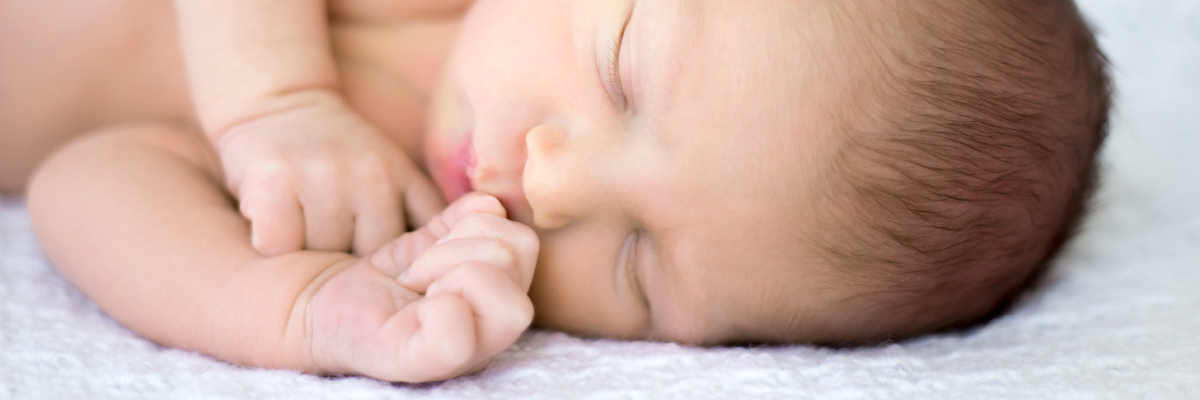
Article at a Glance
Taking care of a newborn is a joyful and exciting time. And having a lot of questions about how to do it is entirely normal. Here are the top six question new parents ask us about their newborns. If you don’t see your questions here, remember we’re always a phone call away!
Some of the most heartwarming moments are those you spend bonding with your baby during feedings. But that’s just one opportunity. Here are more:
A newborn baby sleeps for most of the day but in small increments. On any given day, a newborn can sleep for a total of 18 to 20 hours. You can help your baby sleep soundly by:
Breastfed newborns typically eat every one to two hours for approximately 10 to 15 minutes. Bottle-fed babies can go a bit longer and be fed every two to three hours. The ideal amount of breast milk or formula per feeding starts at two to three ounces. Babies are variable, so if it seems that your newborn is never satisfied—or never hungry—speak with your pediatrician. He or she can answer your questions, check for any underlying conditions, and even recommend a local lactation specialist.
Bath time can be fun for you and your newborn, and it’s also an excellent time to bond. Sponge baths are the best option while the umbilical cord is attached. Once the umbilical cord falls off, you can bathe your baby three or fewer times per week, using a mild soap made for newborns. If your baby’s skin starts to look dry, back off baths or switch to sponge bathing. If your baby’s skin continues to look dry, red, or irritated, call your pediatrician. Some babies are prone to dry skin, and some can be irritated by something in their environment. A pediatric check can help you figure out what’s happening.
If you need to leave the room at any time during the bath, take your baby with you. Never take your hands or eyes off your baby during bath time—or any time they are on an elevated surface.
The umbilical cord will fall off naturally. Until then, keep the skin dry and clean. If your baby seems uncomfortable when you touch the umbilical cord or if the skin is inflamed, call your pediatrician right away. You can use a damp sponge or cotton ball to clean your baby while the umbilical cord is attached. When you change your newborn’s diaper, fold the top down so the diaper doesn’t rub against the cord.
Expect to see several colors of poop when you change your baby’s diapers. The first few diapers can be green, yellow, brown, and even black! After a few days, the color should settle into something more consistent. But, if their poop changes to dark, black, red, chalky, or white, call your pediatrician.
A newborn may have several bowel movements a day, or only a few per week. In addition to monitoring poop, check to see if the diaper is wet from urine. Ideally, Baby should have six or more wet diapers per day. This indicates that your newborn is hydrated. Also, check for reddening of the skin that may be diaper rash. The best way to prevent diaper rash is to change diapers frequently and keep your baby’s skin dry.
If you’re concerned about anything that you find in the diaper or on your baby’s skin, call us. We’re happy to answer your questions or schedule a time for you to come in for a checkup.

Dr. Stroshine is a father of four and a sports fan. His favorite part of Pediatrics is working with kids and their parents. He enjoys kids of all ages and has a particular interest in pediatric sports medicine.